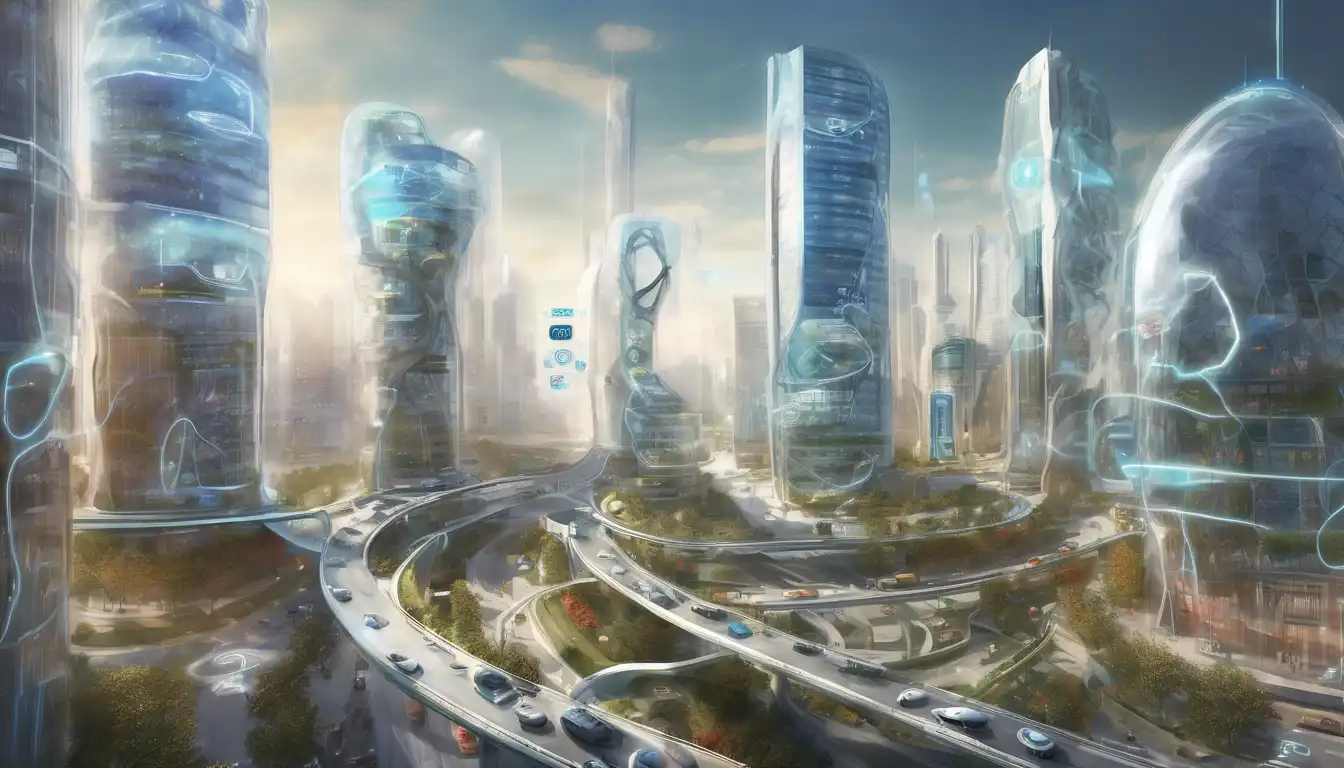The Role of IoT in Shaping Smart Cities
The Internet of Things (IoT) is revolutionizing the way we live, work, and interact with our urban environments. By connecting devices, sensors, and systems across cities, IoT is paving the way for smarter, more efficient urban spaces. This article delves into the transformative potential of IoT in the development of smart cities, highlighting key benefits, challenges, and future prospects.
Key Benefits of IoT in Smart Cities
IoT technology offers numerous advantages for smart cities, including:
- Enhanced Efficiency: IoT enables real-time monitoring and management of city infrastructure, reducing waste and improving service delivery.
- Improved Sustainability: Smart energy grids and waste management systems help cities reduce their environmental footprint.
- Increased Safety: IoT-powered surveillance and emergency response systems enhance public safety and security.
- Better Quality of Life: From smart lighting to traffic management, IoT innovations make urban living more convenient and enjoyable.
Challenges Facing IoT Implementation
Despite its potential, the integration of IoT into smart cities is not without challenges. These include:
- Privacy Concerns: The collection and analysis of vast amounts of data raise significant privacy issues.
- Security Risks: IoT devices can be vulnerable to cyberattacks, posing risks to city infrastructure and personal data.
- High Costs: The initial investment required for IoT infrastructure can be prohibitive for some cities.
- Technical Complexity: Integrating diverse systems and ensuring interoperability requires sophisticated solutions.
Future Prospects of IoT in Smart Cities
Looking ahead, IoT is set to play an even more pivotal role in urban development. Innovations such as 5G networks and AI-driven analytics will further enhance the capabilities of smart cities. Moreover, as technology becomes more accessible, we can expect to see a surge in IoT applications that address urban challenges, from traffic congestion to pollution.
For those interested in the intersection of technology and urban planning, exploring the potential of smart city solutions is essential. The future of IoT in smart cities is not just about technology; it's about creating more livable, sustainable, and resilient urban spaces for generations to come.
Conclusion
The integration of IoT into smart cities represents a significant leap forward in urban development. While challenges remain, the potential benefits—ranging from improved efficiency to enhanced quality of life—are undeniable. As cities continue to evolve, IoT will undoubtedly be at the heart of this transformation, driving innovation and shaping the future of urban living.
